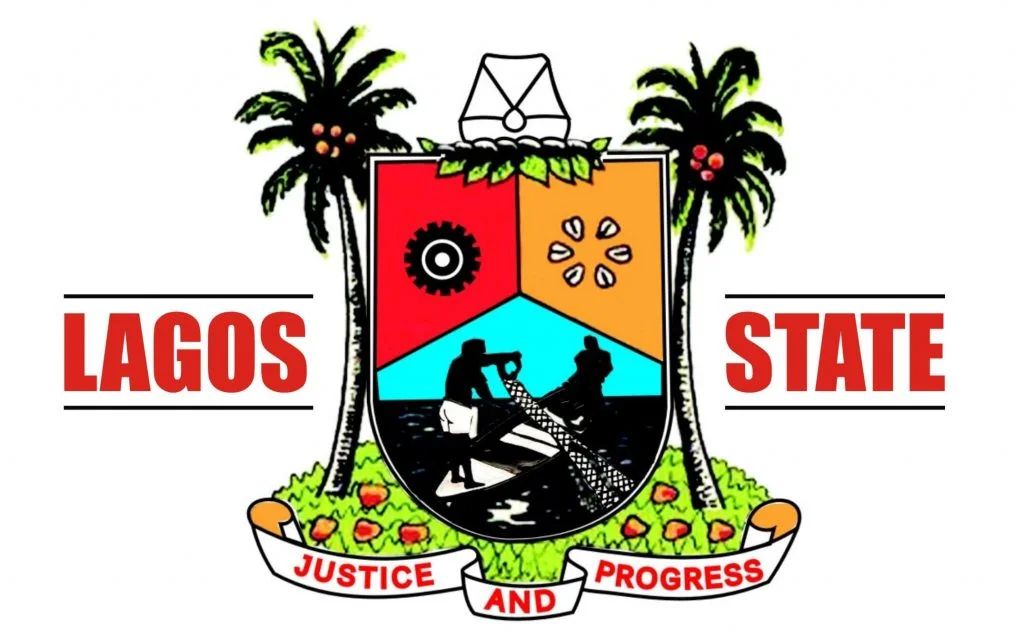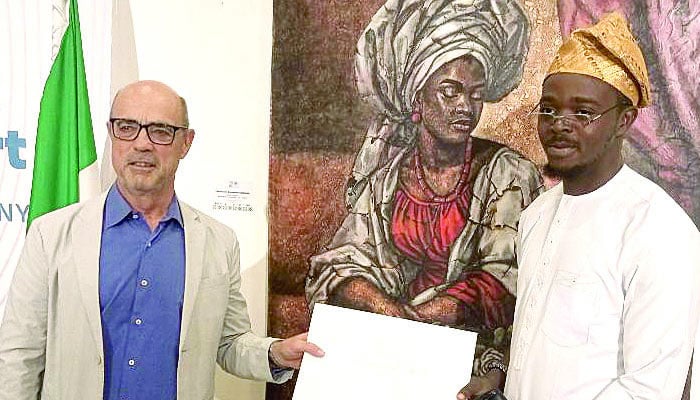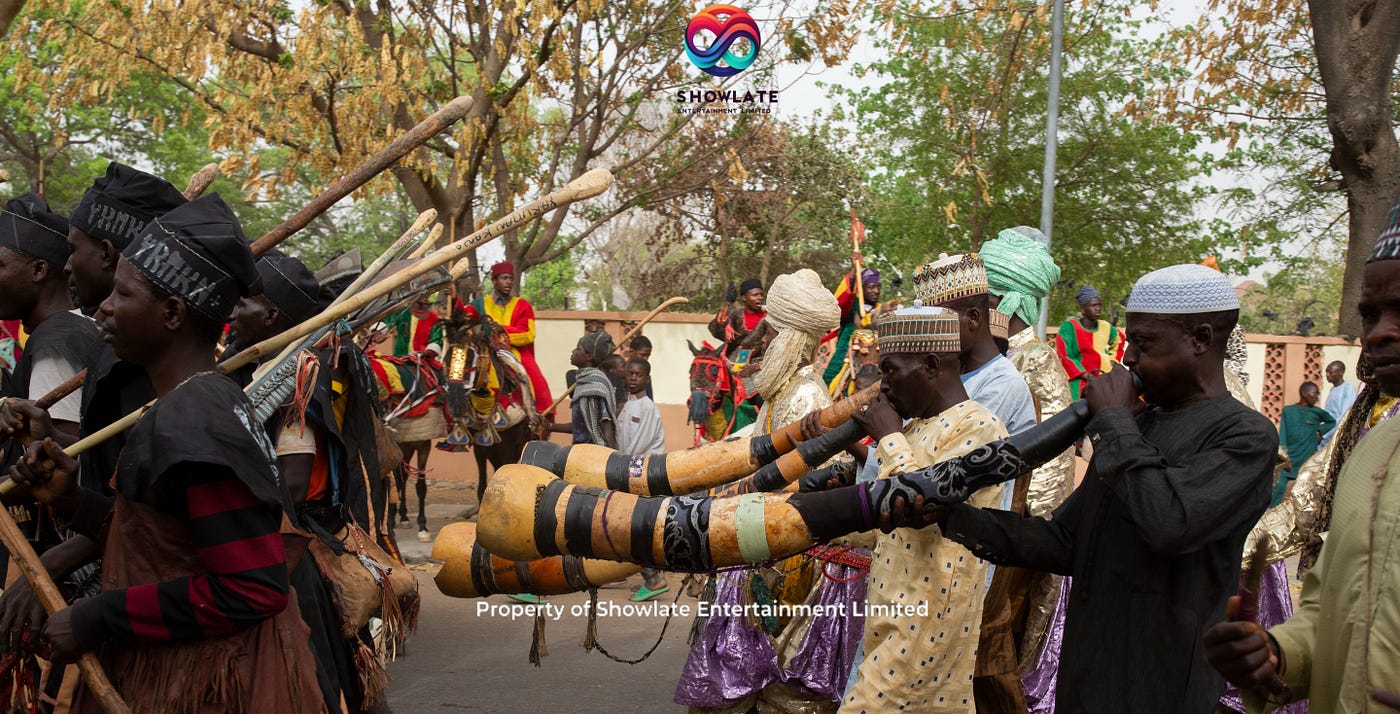Nigeria and South Africa strengthen tourism ties through NIHOTOUR, focusing on training, cultural exchange, and security perception improvement
The Federal Government of Nigeria, through the National Institute for Hospitality and Tourism (NIHOTOUR), has taken a significant step toward strengthening bilateral ties with South Africa in the areas of hospitality, tourism, and travel.
The collaboration aims to foster cultural exchange, enhance security perceptions, and drive economic growth.
At a recent meeting held at NIHOTOUR headquarters in Abuja, the Director General/CEO of NIHOTOUR, Dr. Abisoye Fagade, emphasised the importance of leveraging Nigeria’s tourism potential—particularly the 2024 Lagos Detty December festivities—to reshape global perceptions of safety in the country and promote peaceful coexistence.
Bobby J. Monroe, Consul General of the Republic of South Africa in Lagos, reaffirmed South Africa’s commitment to collaborating with NIHOTOUR.
He highlighted the need for Africa to unite through tourism, leveraging its rich cultural diversity to drive economic prosperity.
Dr. Fagade stressed that a structured training and cultural exchange between both nations could play a crucial role in addressing xenophobia and fostering stronger ties between Nigerians and South Africans.
“Tourism is not just about travel and hospitality; it is a bridge that connects cultures, fosters understanding, and drives economic growth. Through structured training, knowledge exchange, and mutual collaboration, we can dispel misconceptions, improve security narratives, and build a future where Nigerians and South Africans see each other as partners, not rivals,” he stated.
Both nations have resolved to focus on several areas of cooperation, including:
– **Hospitality and tourism training exchange** to enhance industry standards
– **Cultural diplomacy** to promote mutual understanding
– **Security and perception management** to change narratives about safety
– **Joint tourism development projects** for sustainable economic growth
This collaboration signals a renewed effort to harness Africa’s tourism potential, break down cultural barriers, and position the continent as a global tourism powerhouse.

 Business3 years ago
Business3 years ago
 Events3 years ago
Events3 years ago
 Culture3 years ago
Culture3 years ago
 Culture3 years ago
Culture3 years ago
 Events3 years ago
Events3 years ago
 Events1 year ago
Events1 year ago
 Paranormal3 years ago
Paranormal3 years ago
 Events2 years ago
Events2 years ago

































